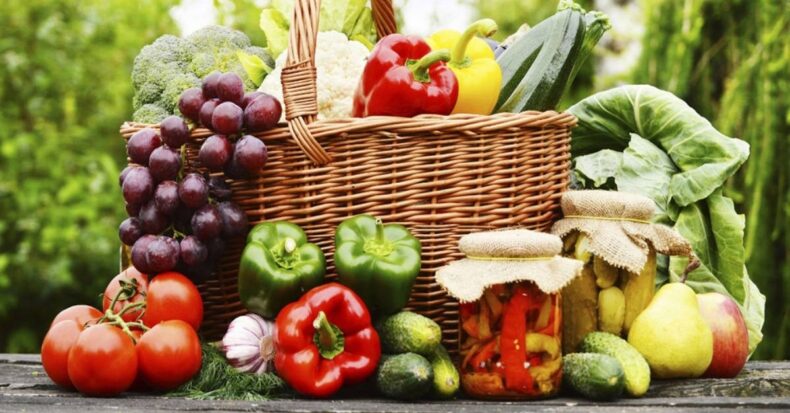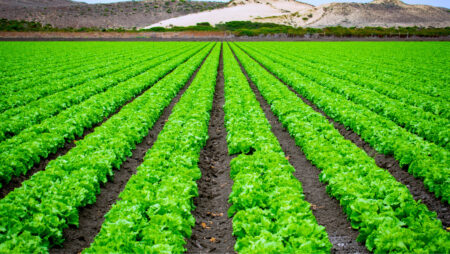Food is the basic need of all living organisms. Therefore, eating the right kind of food is not a thing to be taken lightly. There are many superstitions about various foods that we still believe, but they aren’t true.
Because of these myths, people often end up missing out on some healthy food items, or they consume a lot of unhealthy options. We will tell you about nine food myths that are still persistent in our society.
1. Potatoes are bad pf you.
Potato is a rich source of Vitamin B1, B3, and B6 and contains several minerals such as potassium, phosphorus, and magnesium. It is high in antioxidants, fibre, and resistant starch.

But it is believed that its high starch content can lead to an instant rise in blood sugar levels, which is not suitable for health.
However, it will happen only if it would be consumed in high amounts. A healthy diet may contain one medium-size potato a day.
2. Meat is a necessary part of a balanced diet.

Meat is a rich source of protein and vitamin B12. It also provides iron and zinc. Meat can be a part of a healthy balanced diet. But it is not necessary to add meat to your diet. We can efficiently get all the nutrients from plant-based food products in enough quantity.
3. You need to drink milk for strong bones.
You need calcium to build strong bones. Yeah! Milk is a source of calcium, but it is not the only source of calcium, and it is also not the best source. You can have milk to give calcium to your bones.

But it is not necessary; there are other sources also such as cheese, and other dairy products, dried peas and beans, green leafy vegetables, and calcium-fortified almond and soya milk.
4. Eating carbs makes you fat.
Any food can make you fat if you consume it in high amounts. Eating too many calories is the reason for weight gain not eating carbs.

On the contrary, carb is a macronutrient that is the essential energy source for our body to function. If you don’t eat enough carbs, your body will break its fat reserves and muscle protein to derive energy which is dangerous to health.
Moreover, it may be hard to get fibre without eating carbs which can have serious consequences.
5. Don’t eat eggs because of their high cholesterol content.
The reality is eggs contain dietary cholesterol, which has no effects on our blood cholesterol levels.
Moreover, an egg is a tremendous source of quality protein that can help you fulfil your daily protein requirements.

It also contains saturated fats. Having eggs in moderation in your diet can enhance your health.
6. Coffee will stunt your growth.
According to Harvard Medical School researchers, there is no relation between consuming coffee and osteoporosis, which can reduce your height.

Instead, the size of an individual is dependent on genetic factors. Moreover, coffee is a good source of antioxidants and minerals which can improve health, burn fat and improve longevity.
7. You can’t get enough protein on a vegan or vegetarian diet.
There is a common misconception that you need to consume meat and other animal products if you want to have enough protein.

But the truth is many plant-based foods are a great source of protein, such as soy products, beans, green peas, pulses, chickpeas, etc.
8. Beans are toxic.

Beans are super rich in nutrients such as protein, vitamins, minerals, and fibre. Due to high fibre content, they sometimes cause gastrointestinal discomfort, and it is not as severe.
9. Organic food is better for you.
Several studies show that there is no nutritional distinction between organic food and conventional food.

Despite being produced without herbicides and pesticides, the nutrient content of organic fruits and vegetables is as same as of the conventional fruits and veggies.
However, organic production is more labour and money-intensive; therefore, organic produce is more costly.












